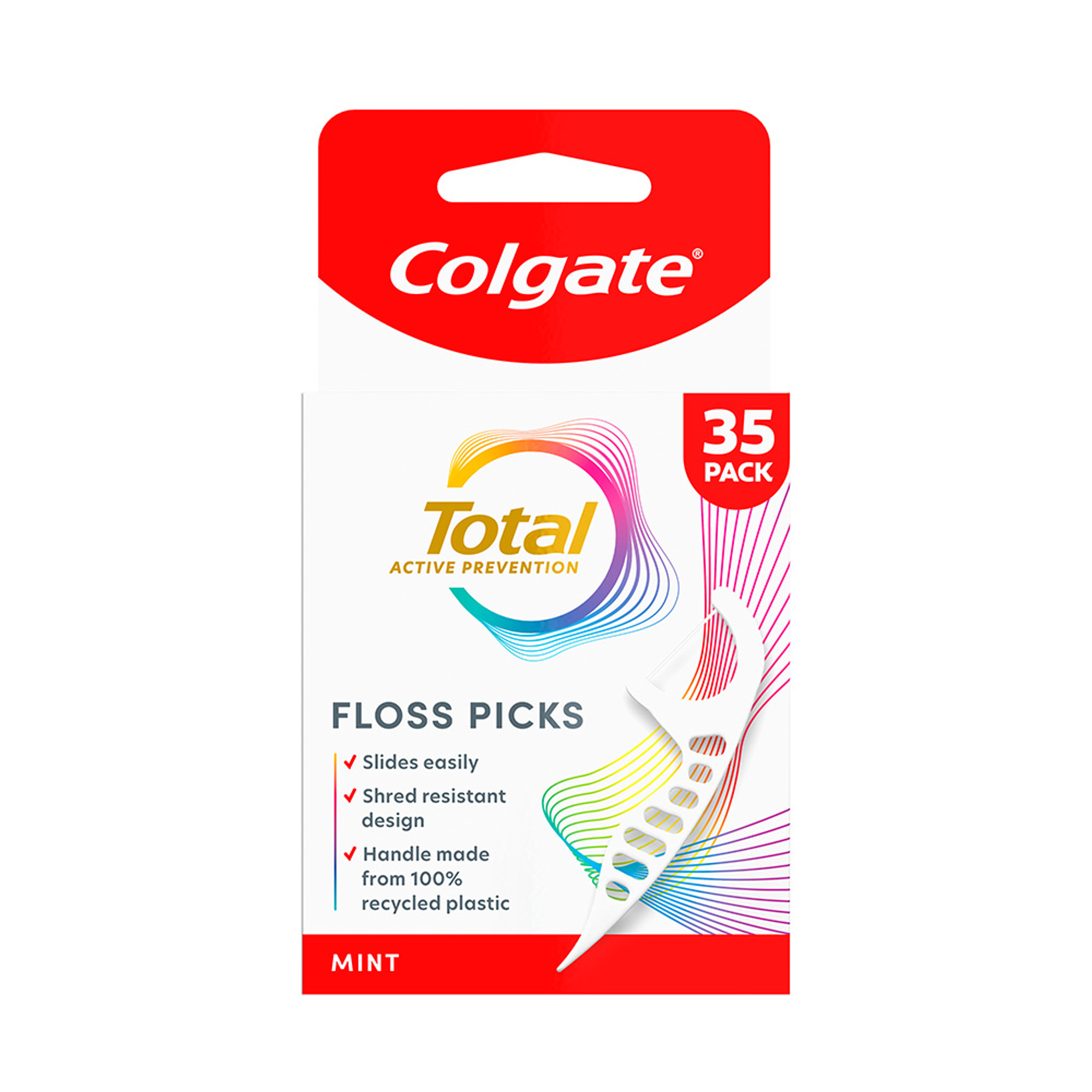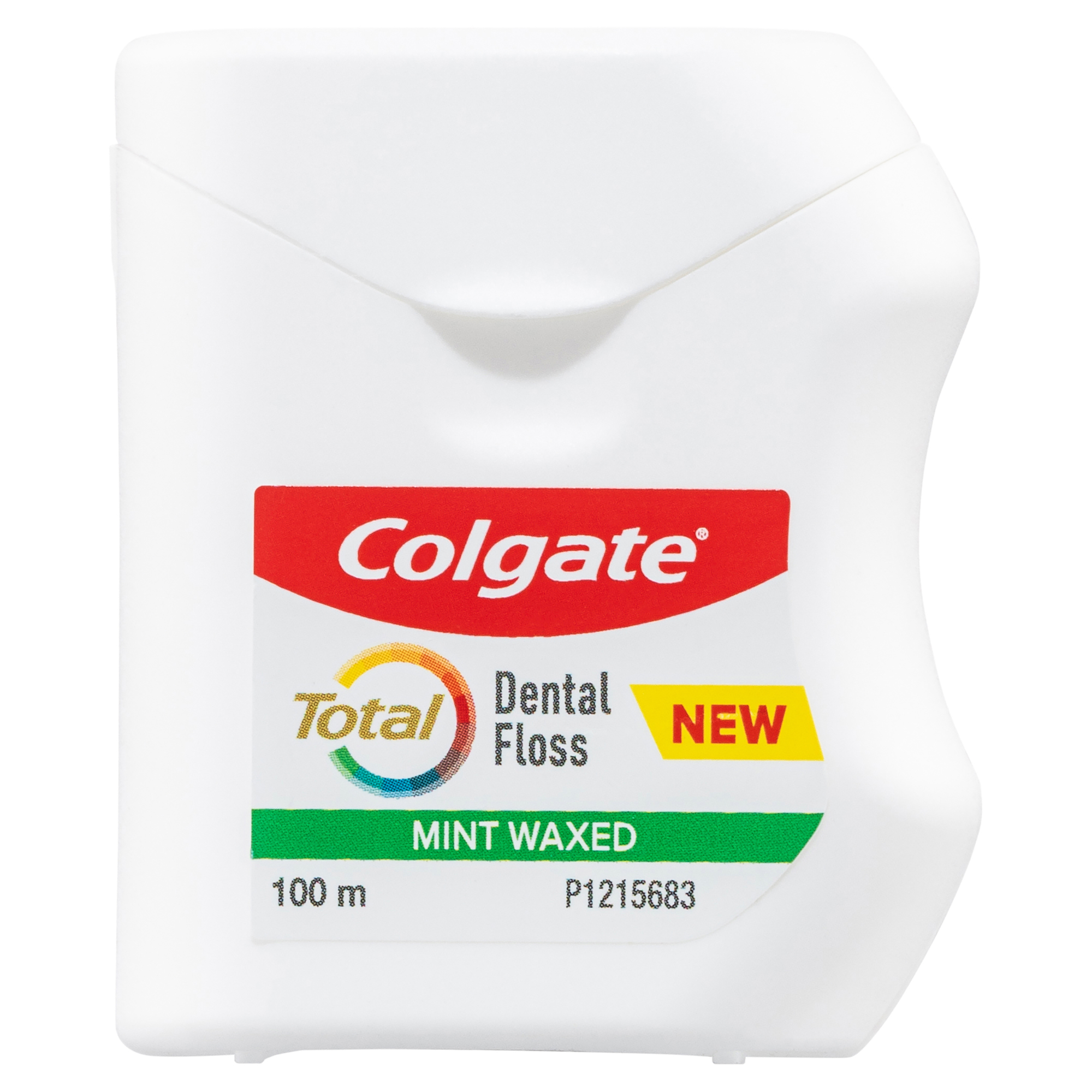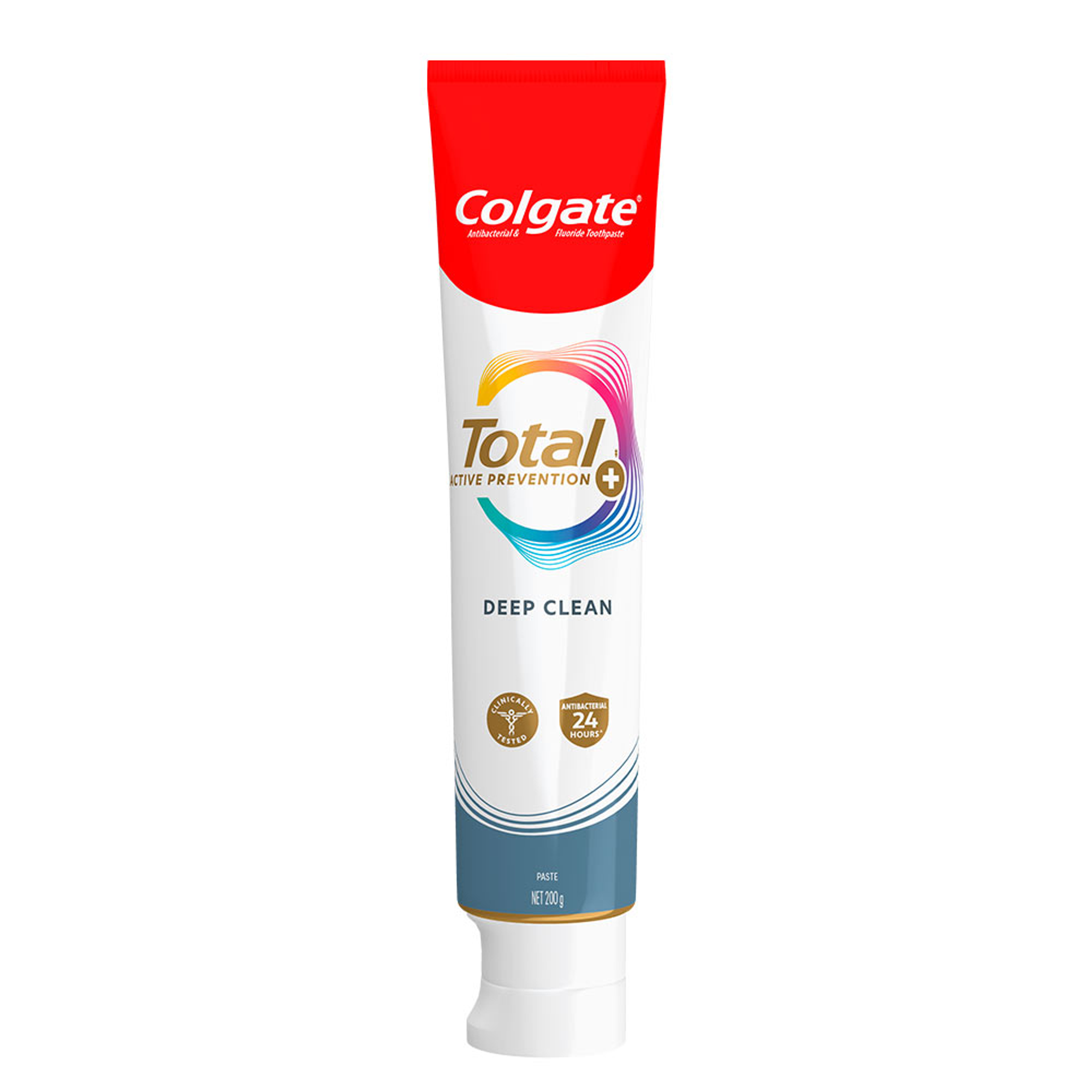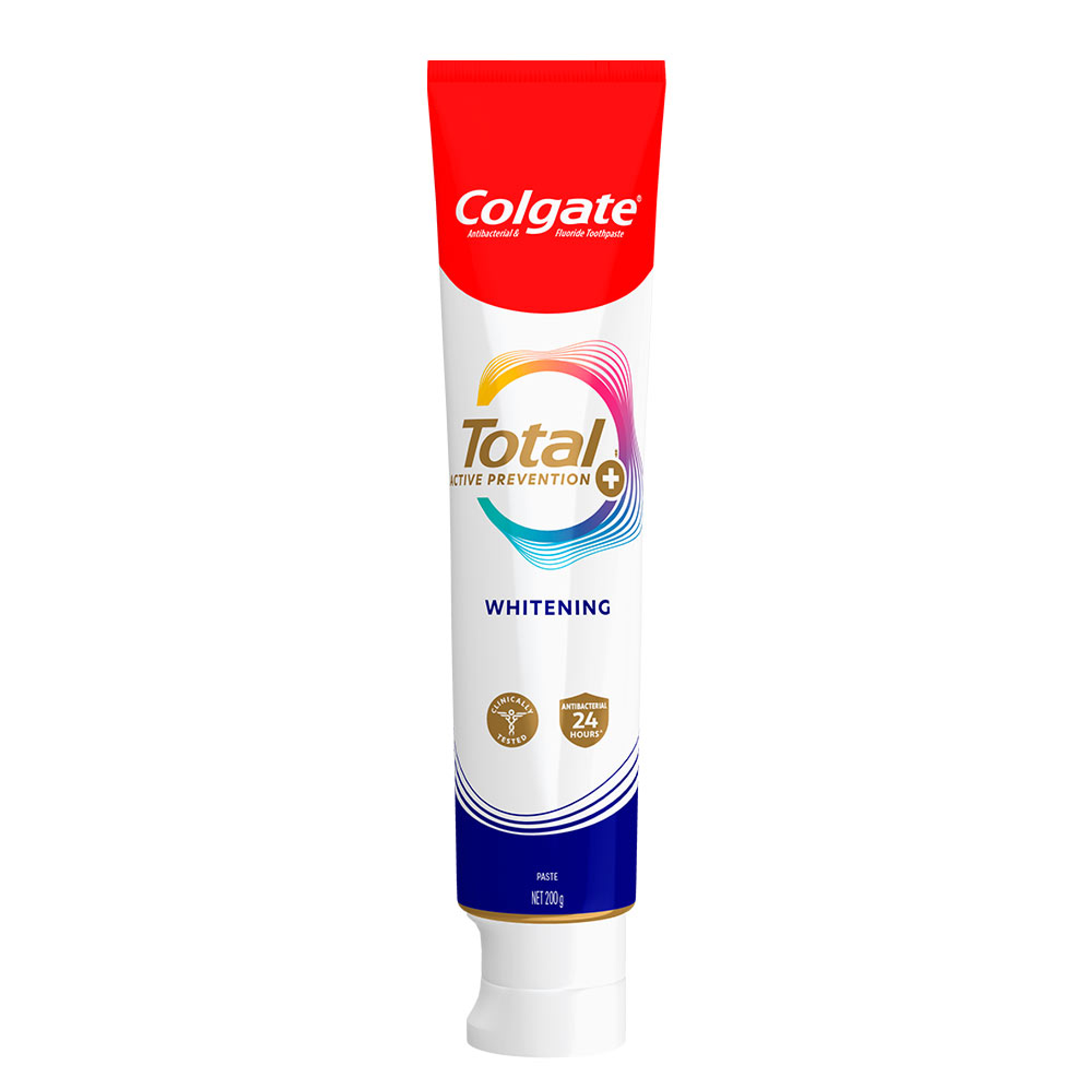-
-

BRUSHING & FLOSSING
How to BrushWhat Is the Right Way to Brush?
Proper brushing takes at least two minutes — that's right, 120 seconds!...

BRUSHING & FLOSSING
How To FlossWhat is the Right Way to Floss?
Proper flossing removes plaque and food particles in places where a toothbrush cannot easily reach... -
Science & Innovation
- Home
- Oral Health
- Relief For Dry Mouth During Pregnancy


An uncomfortably dry mouth during pregnancy may not be the most talked-about symptom. However, a dry mouth is common and can accompany nausea and other pregnancy side-effects. And as with many side-effects at this time, you can blame it on your rapidly changing hormones.
According to the Australian Dental Association, the hormone shifts during pregnancy might reduce saliva production, leading to a dry mouth (xerostomia). This lack of saliva is not only uncomfortable, but it can also affect your oral health. Without enough saliva to wash away debris and control bacteria in your mouth, your teeth and gums are more susceptible to plaque buildup and cavities. Let’s take a look at how to relieve the dryness and take care of your mouth while pregnant.
Relieving dryness
The easiest way to relieve a dry mouth during pregnancy is to increase your fluid intake. Drink plenty of water to stay hydrated. Sucking on ice chips can moisten your mouth and, as a bonus, help relieve any nagging pregnancy nausea. To keep your mouth feeling moist and fresh, carry a water bottle with you as well as plenty of sugarless lollies or gum. Sucking on lollies or chewing gum can be a convenient way to help stimulate saliva flow.
If you wake up with a dry, cotton feeling in your mouth, try turning on a humidifier in your room while you sleep. You can also talk to your dentist about using a soothing mouth rinse or a saliva substitute.
Dental care & proper nutrition for pregnant women
During pregnancy, it's more important than ever to keep up good oral care. Dry mouth is a potential problem, but there are other pregnancy-specific oral health issues to watch out for, like pregnancy gingivitis and pregnancy granuloma (growth at the gumline that occurs in two to ten per cent of pregnant women). It's vital to brush twice a day with fluoride toothpaste as well as floss at least once a day for optimal oral health.
Try to prioritise eating a healthy diet – for a healthy pregnancy – and a healthy mouth. Green leafy vegetables, carrots, nuts and milk are amongst the foods that contain essential elements for health. Eating limited amounts of sugary foods can also promote a healthy smile. Sugary and starchy foods make your mouth a friendly environment for bacteria, leading to acid attacks on your tooth enamel.
Make sure you see your dentist at least once during your pregnancy. The first and third trimesters are not recommended for complex dental work. If possible, try to book a scale and clean appointment with your dental professional in the second trimester.
A dry mouth during pregnancy can put you at a greater risk of problems like tooth decay and infections, so you must adhere to good oral hygiene at this special time. So remember to take care of your smile with regular brushing and flossing, and try some of the handy tips we’ve recommended to ease any uncomfortable dryness.
This article is intended to promote understanding of and knowledge about general oral health topics. It is not intended to be a substitute for professional advice, diagnosis or treatment. Always seek the advice of your dentist or other qualified healthcare provider with any questions you may have regarding a medical condition or treatment.
Related Products

Helping dental professionals
More professionals across the world trust Colgate. Find resources, products, and information to give your patients a healthier future











